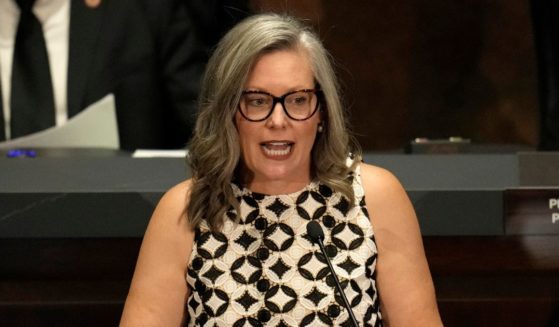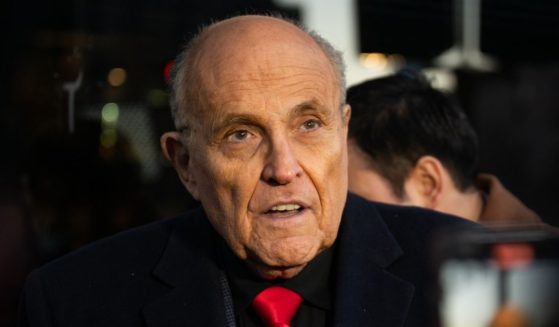France criticized for its handling of yellow vest crisis
PARIS (AP) — A top European official is criticizing French authorities for their handling of the anti-government protests that have rocked the country in recent months, urging them to “show more respect for human rights.”
Following a visit to Paris last month, Council of Europe Human Rights Commissioner Dunja Mijatovic wrote a memorandum released Tuesday in which she also asked the French government to “refrain from introducing excessive restrictions to freedom of peaceful assembly” via a bill currently under debate in the French parliament. The controversial bill aims at cracking down on troublemakers who use protests to attack police.
According to the French Interior ministry, more than 3,000 people, including protesters and police, have been injured since the yellow vest demonstrations started in November. Police have been criticized for their use of rubber ball launchers to disperse demonstrations after several protesters reported serious injuries from being hit by the balls.
In the memorandum, Mijatovic asked French authorities to suspend the use of the ball launchers in public order operations and to review its policies on the use of such weapons as soon as possible.
She acknowledged the complexity of police operations but encouraged alleged victims of police misconduct to systematically report it in order to avoid impunity.
She also expressed concerns about the detention of protesters when no wrongdoing is reported. Mijatovic said French lawmakers should ensure the so-called “anti-casseurs” (anti-troublemakers) bill respects the right to freedom of assembly.
The bill has been criticized by rights groups, opposition members and even members of French president Emmanuel Macron’s centrist party as going too far in restricting freedoms. It could authorize prefects in charge of local regions to prevent people from taking part in protests if they believe they are a serious threat to public order. The bill could also force protesters involved in acts of violence to pay for the damage, and make it a crime for protesters to conceal their faces during demonstrations.
Mijatovic recommended that “the introduction of an administrative ban on demonstrating should be avoided as this would constitute a serious interference in the exercise of this right, especially as there is already provision in the internal security code for the judicial authorities to impose a ban on demonstrating.”
In a written response to the memorandum, French authorities stressed recent security measures were “aiming at ensuring the protesters’ safety.”
“Police operating conditions have been particularly difficult. These protests have been characterized by serious violence committed by some protesters against police forces, journalists and others,” the statement says.
French authorities also said that the use of force by police is “strictly regulated” under French law and that the Council of State, the country’s highest administrative body, has ruled that security forces have a right to use the controversial rubber ball launchers for crowd control.
The French government considers the current version of the anti-troublemakers bill is “compliant” with France’s Constitution.
Support for the yellow vest movement has ebbed in recent weeks but outbreaks of violence continue. Earlier this month, the extremist views of some protesters erupted in a torrent of anti-Semitic insults hurled at noted philosopher Alain Finkielkraut on the sidelines of a Paris protest. The assault came days after the French government reported a huge rise in incidents of anti-Semitism last year.
Mijatovic condemned “the racist, anti-Semitic and homophobic comments and assaults by some demonstrators.”
The yellow vest protests started in November to oppose fuel tax hikes but have expanded into a broader public rejection of Macron’s economic policies, which protesters say favor businesses and the wealthy over ordinary French workers.
___
Sylvie Corbet contributed to this report.
The Western Journal has not reviewed this Associated Press story prior to publication. Therefore, it may contain editorial bias or may in some other way not meet our normal editorial standards. It is provided to our readers as a service from The Western Journal.
Truth and Accuracy
We are committed to truth and accuracy in all of our journalism. Read our editorial standards.












